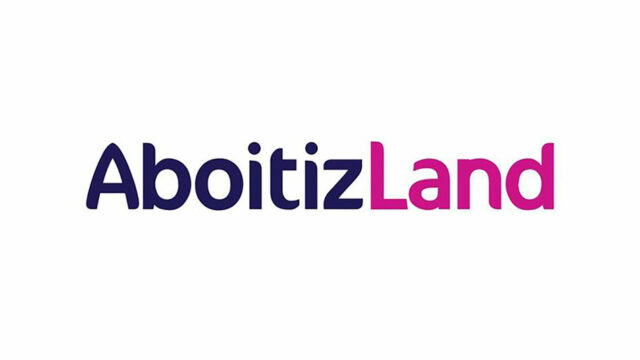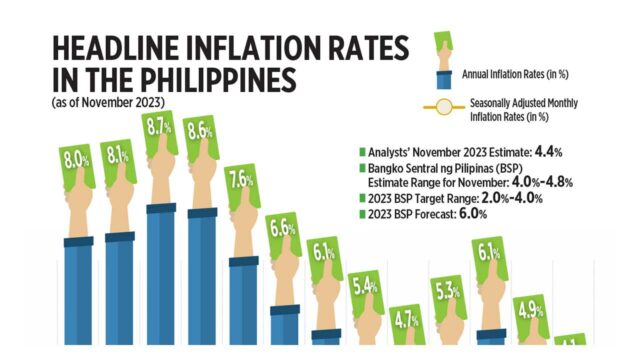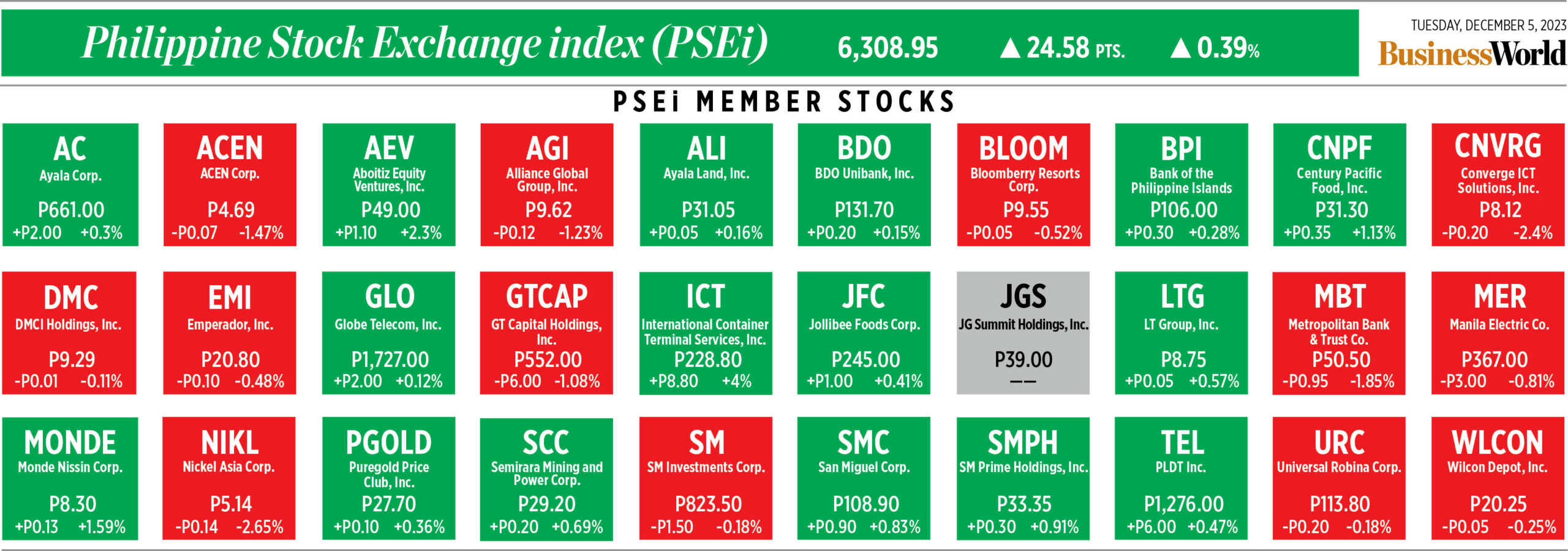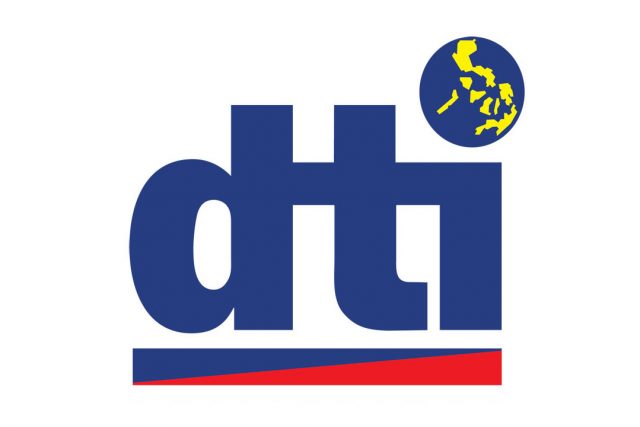By Justine Irish D. Tabile, Reporter
EUROPEAN UNION (EU) legislators are looking to update the Generalised Scheme of Preferences Plus (GSP+) available to the Philippines, after the current deal had been extended for four years with no changes.
“It is the current scheme which has been extended. We will continue to discuss within the EU on the follow-up scheme, but for the time being, there has been this extension,” Philip Dupuis, head of trade of the EU Delegation to the Philippines, said on the sidelines of the EU-Philippines Partnership Conference on Tuesday.
“The extension means that we will continue with exactly the current rules. Once we have a follow-up regulation, then we may have new or additional conditionalities,” he said.
Asked why has the EU decided to extend the current scheme, Mr. Dupuis said: “The reason is that this follow-up regulation is still under discussion within the EU and between the legislators — the Council and the Parliament.”
“And the reason why the current one was prolonged is because everybody realized that this discussion will need more time,” he added.
Mr. Dupuis said that the four-year extension of the GSP+ was formally approved by the EU one or two weeks ago.
“Since the current GSP regulation would have expired at the end of December, there would have been no legal basis for preferential exports from the Philippines and other countries; therefore, it was necessary to have prolongation,” he said.
The Philippines participates in the EU’s GSP+, a special incentive arrangement for low and lower middle-income countries. It charges zero duty on 6,274 Philippine-made products.
Under the current scheme, eligible countries such as the Philippines will have to sign on to 27 international conventions on human rights, labor rights, climate action and good governance.
The Philippines was threatened with the loss of its GSP+ status during the Duterte administration due to European concern over extrajudicial killings and alleged human rights violations.
The Duterte “war on drugs” was condemned by the European Parliament in a resolution passed in February 2022. It asked the country to act on human rights abuses under threat of losing GSP+ privileges.
With the four-year extension, Philippine participation in the GSP+ scheme will run through 2027.
Meanwhile, Mr. Dupuis said that there is still room for the country to expand its utilization of the trading scheme.
“Utilization by the Philippines… has been relatively good. I think we are utilizing two-thirds of the eligible exports, more or less, if I remember well, but it could be better,” he said.
He said Philippine exporters must examine whether exporters have the capacity to tap European markets, as against other markets that they may be nearer to or more familiar to them.
“There is a lot of work for us to do in terms of making the European buying market better known, but the companies also need to inform themselves because all the materials are there,” he said.
“Obviously, if you are satisfied with your exports to Japan and the US then you don’t necessarily look at the EU market. But I think the potential is there, there is a potential to grow for Philippine companies in Europe,” he added.
He said that the extension would not necessarily mean greater use of the scheme.
“We hope that the current users will have an improved sense of security in continuing to use it… we have some sectors where (GSP+) is quite important, like electronics and tuna, so they should be able to continue to use it,” he added.















